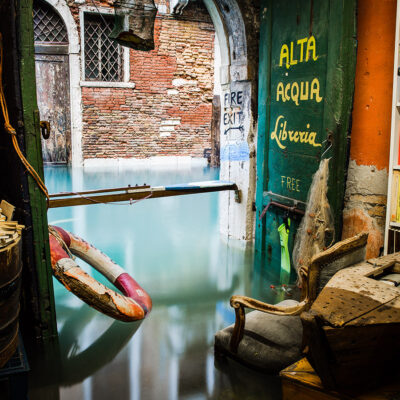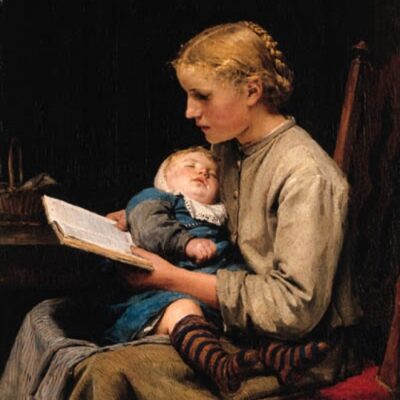Clear by Carys Davies
“The Welsh writer Carys Davies has, over the course of three impeccably elegant novels to date, revealed herself as a model of restraint. Each book has been short and concise, with as much happening off the page as on. For her, less is more. Her 2018 debut West concerned an American settler on the hunt for woolly mammoths, while 2020’s The Mission House was set in a former hill station in southern India. In each case, entire worlds were condensed into barely 200 pages.” [Clear by Carys Davies review: An atmospheric marvel (inews.co.uk)]
Her most recent novel Clear, is a heart-rending and multi-layered portrayal of solitude and connection during two real historical events. The title of the novel refers to the first event. ‘The Highland Clearances,’ which began in the mid-1700s and is in its last years in 1843, when our story begins. The Clearances occurred when, in an effort to make more money from their estates, Scottish landowners began clearing unprofitable tenants and replacing them with sheep. In the novel’s afterword, Carys Davies writes about this time in Scotland’s past, when “the relentless programme of coercive and systematic dispossession [across the many islands’ inhabitants] to make way for crops, cattle and sheep” were “truly catastrophic for an entire swathe of Scottish society that was no longer wanted.”
The second event, known as ‘The Great Disruption’ or ‘The Disruption of 1843’ refers to a schism in which over 400 evangelical ministers broke away from the Church of Scotland to form the Free Church of Scotland. In doing so, the ministers lost everything: incomes, churches, houses, and their congregants who offered additional sources of income.
Enter John and Mary Ferguson, and Ivar, three characters deeply affected by these events.
Ivar lives alone on a tiny island between Norway and the Shetlands. He is the last person left of this small island’s community after his father and brothers died at sea, and his mother, sister and neighbors died or departed for better lives on more populated isles. Before their numbers diminished, the islanders paid rent to their landlord by bartering hand-knitting, feathers, seaweed and farm labor and tending to the island’s livestock. But now that Ivar is alone, he cannot pay. For years the collection agent has not visited, but the novel opens with the end of this era. The wealthy family that owns the island has decided that the land must be cleared, and so their agent employs John Ferguson, a financially struggling newly married minister of the Free Church of Scotland to travel to the island and evict Ivar. He arrives in a small boat, terrified of the sea swells because he cannot swim.
“He wished he could swim — the swimming belt felt like a flimsy thing and it had been no comfort to be told not to worry, the men couldn’t swim either.
Each time they rose he glimpsed the rocky shore, the cliffs, the absence of any kind of landing; each time they descended, the rocks vanished and were replaced by a liquid wall of gray.
He closed his eyes.
Thump.
Dear God.” [p. 1]
The differences between John and Ivar are evident from the beginning of the story. John depends on language and theological scholarship to not only communicate with others but inspire them to accept his beliefs and support him financially. Ivar depends on the land and his physical skills to live a very simple, solitary existence.
“In the early dawn he stepped outside.
He’d hardly been out since the day he’d brought John Ferguson home, but today while John Ferguson slept he went into the homefield and began to weed the enclosure where the young cabbages were growing, pulling out wall barley and conium, oat grass and hemlock and throwing them in a heap against the wall for burning. Then he fetched Pegi from the byre and they brought the peats home from the round hill and he stacked them on the ledge outside the house, and when he’d finished he walked up by himself to the top of the peaked hill and looked out across the water.
Far below, the sea heaved and slapped against the rocks, one long swell after another. Further out it broke over the skerries and eddied between them. Above, he could hardly see the sky for the mass of gannets lifting.
He had not thought of himself as being lonely, or even alone.” [pp. 83-84]
The two men do not share a common tongue, Ivar speaking in what was already, by the mid-nineteenth century, the mostly lost language of ‘Norn’. When John Ferguson arrives on the island, Ivar teaches him rudimentary words – “gylom” for dense fog, “syora” for black mist, “skerpin” for wind-dried coalfish. Although John Ferguson is frustrated by the language, he begins to understand how well it fits the culture and landscape of the island where he has found himself.
“And here was the difficulty, especially when it came to the weather and the water: for every new word Ivar gave John Ferguson, there always seemed to be another one that described a slightly different version of the same thing but which all too often — to John Ferguson — looked like exactly the same thing.” [p. 111]
The magnificence of this novel for me exists in the way Carys Davies shows how each character changes. Even Mary, left behind on the mainland, transforms. We see her as a loving wife who becomes aware of the cruelty of John’s errand, ultimately accepts it knowing how important it is to him, then questions it again because, as time goes on and she does not hear from John, she begins to believe that it is not only morally wrong but physically perilous.
There is a new author on my favorites list — Carys Davies — and I can’t wait to backtrack and read The Mission House and West, among her other books. Clear is both unassuming and profound, hopeful and humane. Settle in and read this winner!
Additional reading: Interview: Carys Davies on Her New Novel, Clear
The Highland Clearances by John Prebble
Check Amazon for more on this book I love.


















Thanks Kate!
Another to add to my “read soon” list!